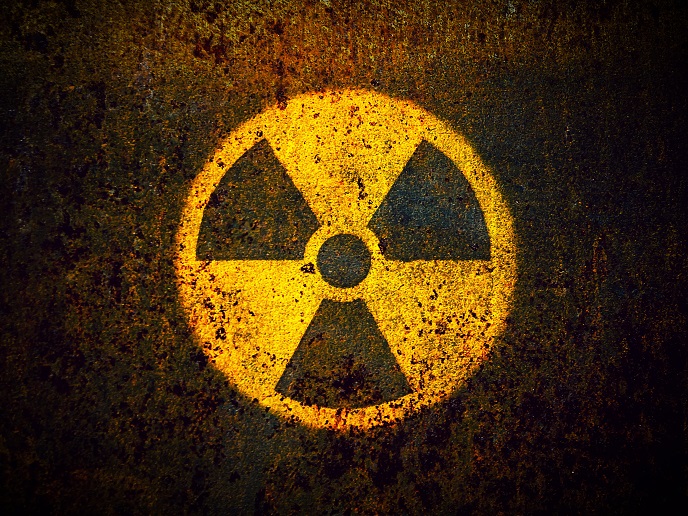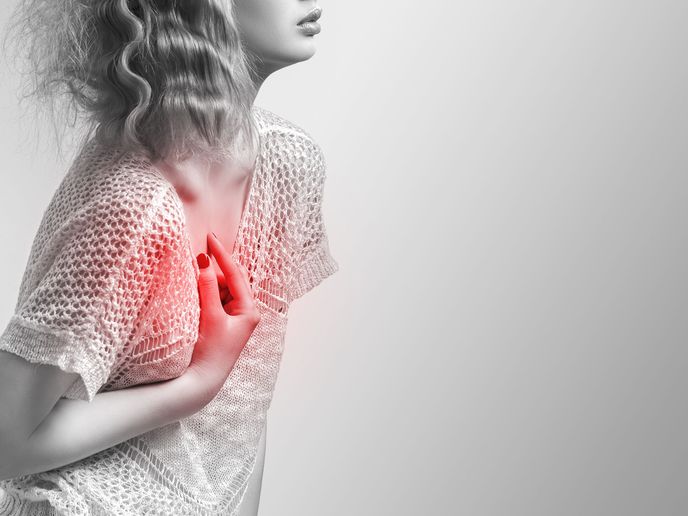Treating the long-term effects of acute radiation syndrome
Acute radiation syndrome (ARS) happens on exposure to a high dose of penetrating radiation, most often in a very short period of time. According to the European Medicines Agency, such exposure is usually associated with, for example, an accident at a nuclear plant or when using radioactive materials for medical purposes (e.g. treating cancer). The side effects of ARS, also known as radiation sickness, can include anything from a loss of appetite, fatigue, fever, nausea, vomiting and diarrhoea to such serious conditions as seizures, coma and even cancer. Unfortunately, treatment options are limited and tend to focus on the short-term and milder symptoms. These include preventing infections, treating wounds and burns, and maintaining hydration. What has thus far eluded medicine has been the ability to treat the more serious, long-term effects of ARS. But this may soon change, thanks in part to the work of such initiatives as the EU-funded NanoMed project. “A surprisingly large number of people live in areas with elevated levels of radioactivity that can have uncertain, often long-term consequences on their health and the health of future generations,” explains Joaquin Silvestre-Albero, a professor of inorganic chemistry at the University of Alicante. “Our project aimed to develop efficient and cost-effective methods for protecting not only these populations, but the first responders and cancer patients who are also at an elevated risk of ARS.”
Mitigating the side effects of ARS
To accomplish this goal, the project focused on designing inorganic materials capable of mitigating the side effects of irradiation inside the human body. “Our research focused on enterosorbents, which are already being used in medicine to prevent toxic-allergic reactions,” says Silvestre-Albero. “We wanted to take this same concept and apply it to absorbing irradiation from the body.” The project, which was undertaken with the support of the Marie Skłodowska-Curie Actions programme, specifically looked at applying activated carbon materials, zeolites and pectins to the body as enterosorbents. “The hope was that these materials could help remove the radioisotopes, toxins and radical species found in the body after exposure to radiation and, by doing so, help mitigate the side effects of acute radiation syndrome,” remarks Silvestre-Albero.
Unexpected external complexities
While the complexities of the science were expected, what the project didn’t expect was the external complexities that would impact their work. First there was the COVID-19 pandemic and the subsequent lockdowns and travel restrictions, which forced the project to shut down for several months. “The project consortium also includes several Ukrainian partners, a beneficial partnership which, due to Russia’s war of aggression against the country, has become increasingly challenging,” adds Silvestre-Albero.
A final prototype material
Despite these difficulties, Silvestre-Albero says the consortium, and especially its Ukrainian partners, have all put in an amazing effort – an effort that resulted in a final prototype material. “These composites are highly versatile and exhibit an excellent ability to remove both toxins and radioisotopes from the body after exposure to radiation,” he concludes. “As a result, our work has opened the door to being able to fully mitigate the side effects of radiation sickness.” The consortium is currently applying for funding to use solutions similar to those developed during the NanoMed project as a means of purifying drinking water.
Keywords
NanoMed, radiation sickness, acute radiation syndrome, radiation, radioactive, medicine, enterosorbents







